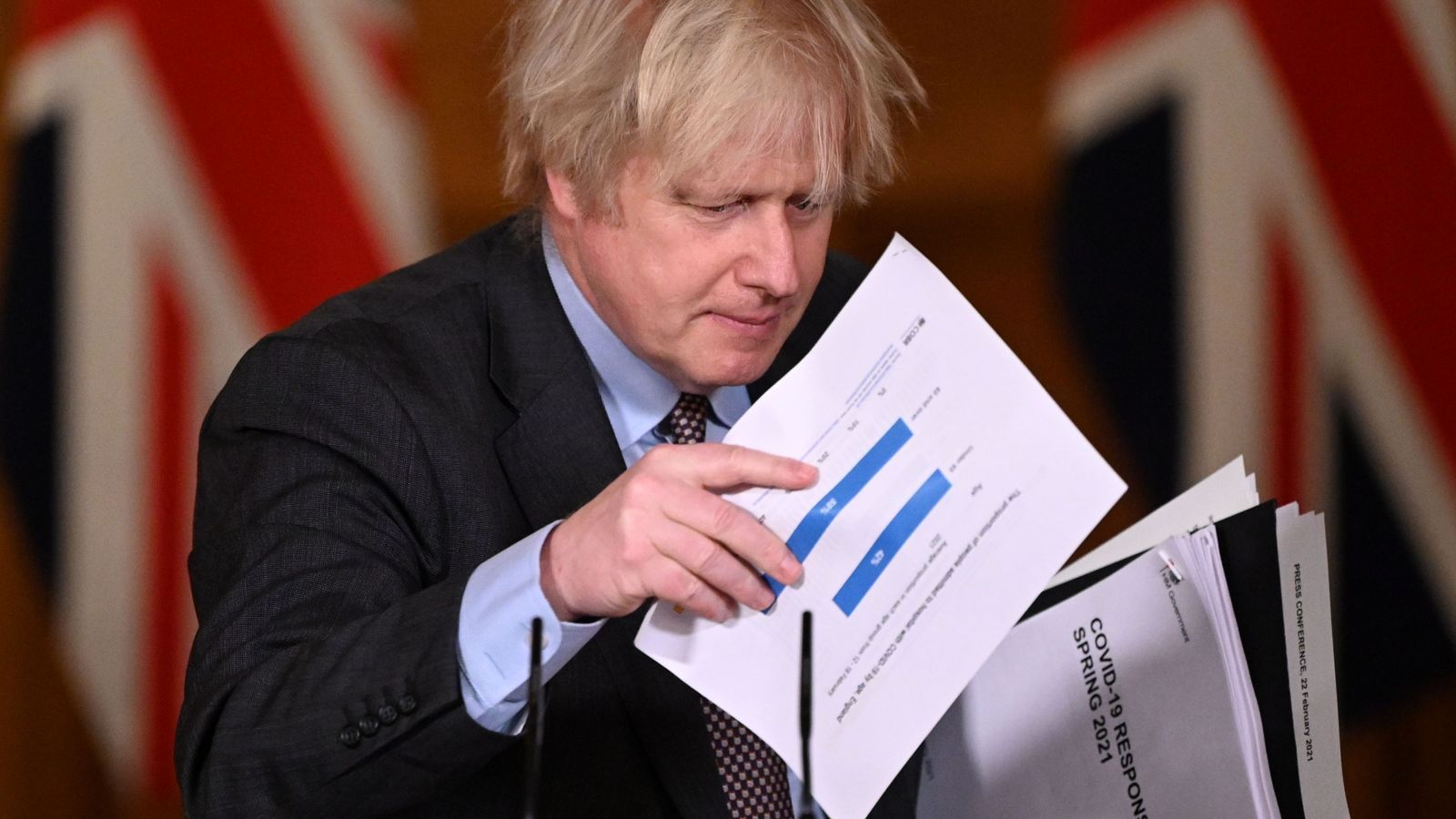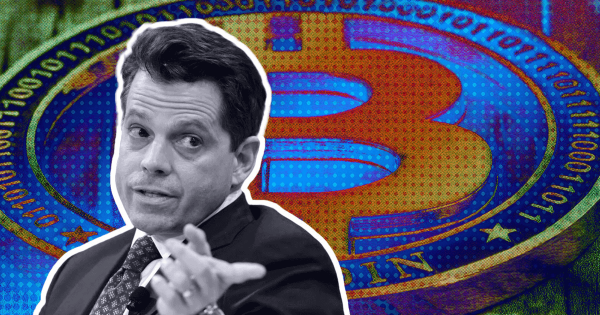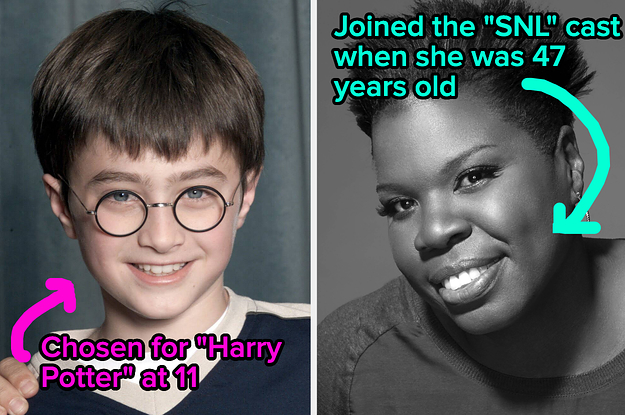Boris Johnson was left “bamboozled” by the science around COVID, according to the government’s then chief scientific adviser.
Extracts from Sir Patrick Vallance’s diaries were shown to the official inquiry into the handling of the pandemic on Monday, with several references to the prime minister’s difficulty in getting to grips with the data he was being shown.
Politics live: Johnson ‘looked broken’ in COVID meetings, claims adviser
One entry described a late afternoon meeting between the pair in May 2020 to discuss plans for schools, where the adviser wrote: “My god this is complicated and models will not provide the answer. PM is clearly bamboozled.”
Ten days later, Sir Patrick wrote that Mr Johnson “sways between optimism and pessimism” and he was “still confused on different types of tests (he holds it in his head for a session and then it goes).”
Another extract from June 2020 said: “Watching [the] PM get his head around stats is awful. He finds relative and absolute risk almost impossible to understand.”
And a further entry from same month said it was “a real struggle to get [Mr Johnson] to understand” graphs.
Rwanda: Everything you need to know about the government’s immigration plan – and how it ended up in court
COVID inquiry hears former Civil Service head wanted Matt Hancock removed as health secretary in pandemic
Mark Sedwill apologises for suggesting ‘chicken pox parties’ for COVID immunity in early stages of pandemic
Sky News Monday to Thursday at 7pm. Watch live on Sky channel 501, Freeview 233, Virgin 602, the Sky News website and app or YouTube.
Sir Patrick stood by his words when questioned by the inquiry’s legal team, pointing to how Mr Johnson dropped science as a subject aged 15.
“He did struggle with some of the concepts and we did need to repeat them often,” he added.
But while the senior scientist said it was “hard work sometimes to try and make sure that he had understood what a particular graph or piece of data was saying”, Mr Johnson did not have a “unique inability to grasp some of these concepts”, adding that it was “not unusual amongst leaders in Western democracies”.
‘Risk’ of Eat Out To Help Out
Sir Patrick also revealed that the government’s scientific and medical advisers were not told about Rishi Sunak’s “Eat Out To Help Out” scheme until it was announced by the then chancellor, saying their advice about the increased risk of transmission would have been “very clear”.
Written evidence from Mr Sunak to the inquiry said: “I don’t recall any concerns about [the scheme] being expressed during ministerial discussions, including those attended by [Sir Patrick].”
But asked about the inconsistency with his own statement, Sir Patrick said: “Around that time lots of measures were being released and you will see repeated references in various minutes and notes and emails and indeed, I am sure, in my private notes, to our concern that people were piling on more and more things and this would come to drive R above one and I think that was discussed at cabinet as well.
“So I think it would have been very obvious to anyone that this was likely to cause, well, inevitably would cause an increase in transmission risk and I think that would have been known by ministers.”
He added: “I would be very surprised if any minister didn’t understand that these openings carried risk.”
Please use Chrome browser for a more accessible video player
The division did not appear to be limited to that one scheme, however, with Sir Patrick’s diaries showing how he thought scientific advisers were kept out of strategy meetings by both Number 10 and the Cabinet Office.
The adviser told the inquiry there were “periods when it was clear that the unwelcome advice we were giving was, as expected, not loved and that meant we had to work doubly hard that the science evidence and advice was being properly heard”.
He added: “There were times, because we were giving unpalatable evidence and advice, people would prefer not to hear it.”
Be the first to get Breaking News
Install the Sky News app for free
Sir Patrick also said “pressure” was sometimes put on advisers to change advice, pointing to a WhatsApp exchange with the then health secretary Matt Hancock.
“[Mr Hancock] asked me to change something and I said no, we are not going to change our advice, because that is where the evidence bit comes in,” said the adviser. “You have got to at least see that even if you disagree with it and don’t want to do it.”
He added: “I am absolutely sure, because politicians are politicians, that there were attempts to manage us and make sure we were not always given the access we might need
“But I think overall we managed to get through all that… and make sure the advice and evidence was heard.”
Asked about the WhatsApp exchange, a spokesman for Mr Hancock said: “Mr Hancock has supported the inquiry throughout and will respond to all questions when he gives his evidence.”








